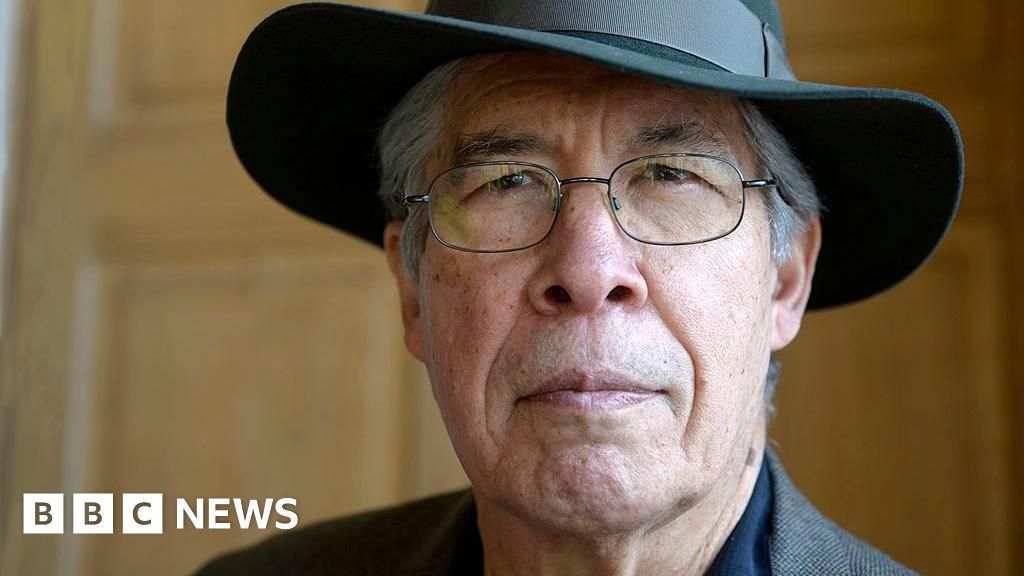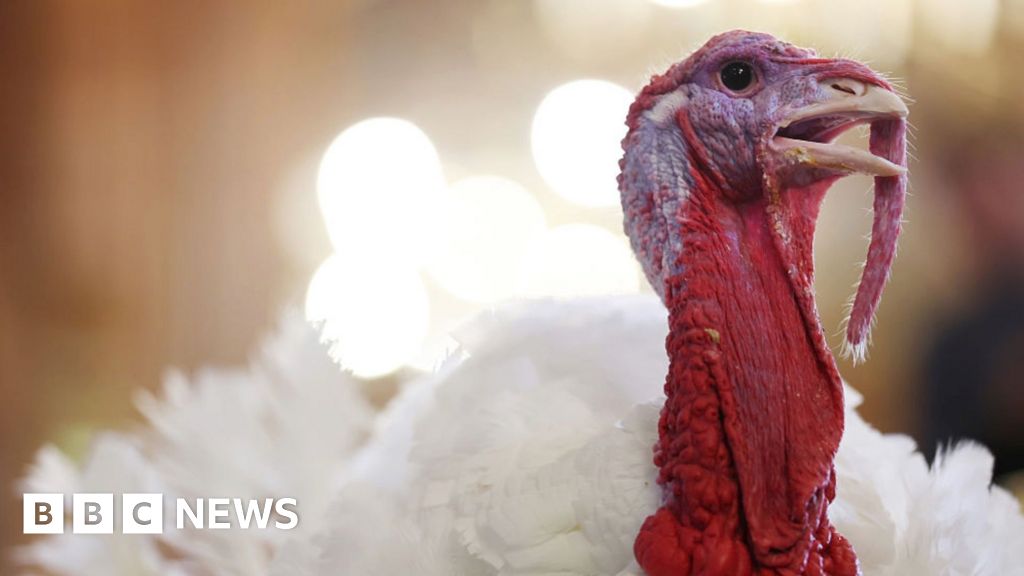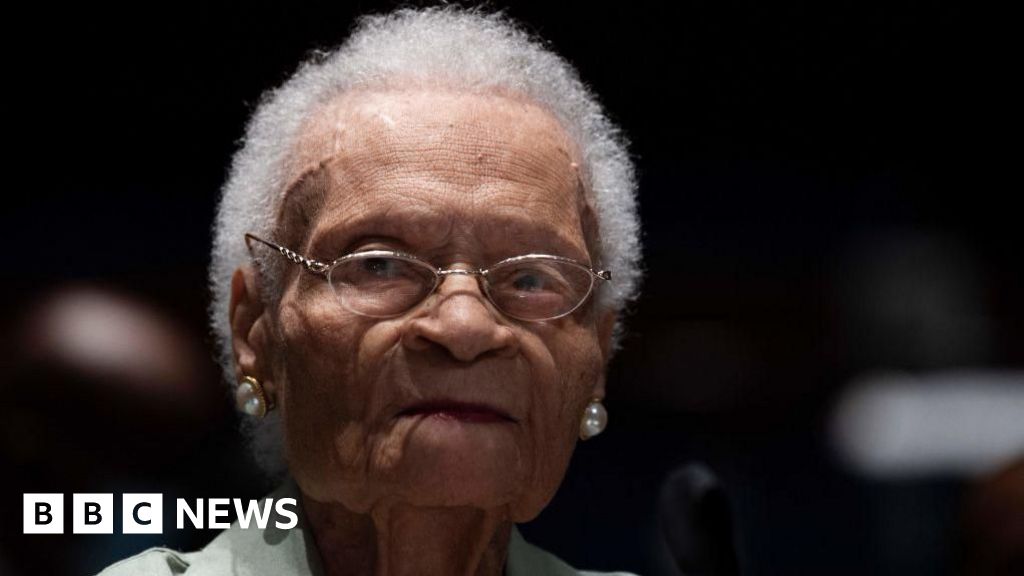Viola Ford Fletcher, the oldest known survivor of the Tulsa Race Massacre, has died aged 111, the city's mayor announced on Monday.
Mrs Fletcher was seven years old in the spring of 1921 when a white mob attacked Greenwood, a thriving black neighbourhood in Tulsa, Oklahoma. An estimated 300 residents died in the violence.
She and other survivors spent their later years campaigning for official recognition of the atrocity and seeking reparations. But their lawsuit was dismissed by the state's supreme court.
Mayor Monroe Nichols described Mrs Fletcher's life as "lighting a path forward with purpose". The last known remaining survivor of the massacre is 111- year-old Lessie Benningfield Randle.
The Tulsa Race Massacre which took place between 31 May and 1 June 1921 is regarded as one of the worst episodes of racial violence in US history. It was sparked by an accusation that a black teenager, Dick Rowland, had assaulted a white woman in a lift.
According to a 2025 US Justice Department review, a local newspaper "sensationalized the story", prompting a white mob to gather outside the courthouse and demand Rowland's lynching.
"Black men from Greenwood came to the courthouse to protect Rowland," the review said. "The white mob saw this effort to save Rowland as a challenge to the social order and quickly recruited others. The mob grew. A confrontation broke out, and when someone fired a shot, 'all hell broke loose'."
Greenwood - widely known as Black Wall Street - was looted and burned in the ensuing violence. More than 1200 homes, businesses and churches were destroyed.
Nobody was ever held accountable for the violence and deaths and efforts to rebuild the neighbourhood were stymied by city officials.
Mrs Fletcher recalled the massacre's lasting impact on her a century later.
"I still see Black men being shot, Black bodies lying in the street," she told the House Judiciary Subcommittee on the Constitution, Civil Rights, and Civil Liberties in 2021. "I have lived through the massacre everyday. Our country may forget this history, but I cannot."
Mayor Nichols, Tulsa's first black mayor, praised Mrs Fletcher's campaigning work to highlight the massacre and its enduring legacy.
"Mother Fletcher endured more than anyone should, yet she spent her life lighting a path forward with purpose," he said in a statement. "She never stopped advocating for justice for the survivors and descendants of the 1921 Tulsa Race Massacre, and I hope we all can carry forward her legacy with the courage and conviction she modeled every day of her life."
Mrs Fletcher was among three centenarians who sued the city for compensation, arguing the consequences of the violence continued to shape contemporary life in Greenwood.
Oklahoma's Supreme Court rejected the lawsuit in 2024 but the city of Tulsa announced a $105m (£79m) reparations package earlier this year to address the massacre's long-lasting impact.











